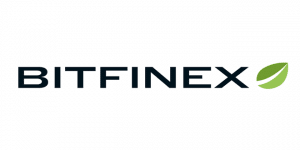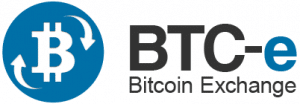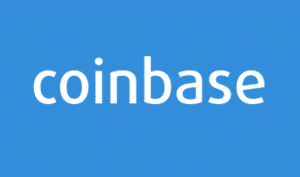Bitcoin users have the option to compare various exchanges based on exchange rates and choose the cheapest option.
The next step is to determine the cost of obtaining bitcoin from brokers or trading platforms and to compare the money spent with the total amount of bitcoins received. The usual thing to do is to compute transaction fees based on specific charges. However, there are five transaction fees incorporated into a normal for Bitcoin exchange transaction.
Fees Explained
The most common is the Bitcoin transaction fee which the broker or platform charges. It varies from as low of 0.2 percent to a high of three percent. Deposit and withdrawal fees depend on the preferred payment method. The fee is higher if the process is risky. This simply means once the deposit is sent to the exchange, there is no way the money will be returned to the depositor. The technical term is charge-back or return payment after customers successfully dispute an item in a billing statement. This charge-back applies to PayPal, credit or debit cards, and other procedures for third-party payment. Fortunately, the practice is not applicable to Bitcoin transactions.
Some exchanges even charge withdrawal fees on customers who withdraw their own bitcoins. It is another factor for computations. Two other fee categories are payment processor deposit and currency conversion. These are not associated with the exchange but still affect the earnings. The first pertains to fees for use of bank’s services like using credit cards to make deposit at a particular exchange.
It is possible to stay away from this fee through local or regional transfers. One example is the Single Euro Payments Area (SEPA) which is the payment-integration scheme of the European Union (EU). SEPA simplifies bank transfers that are denominated in the Euro currency. Fees for currency conversion are avoided if you deposit currencies acceptable to the exchange or refrain from doing any exchange in currency.
Fees can Affect Exchange Rate
The growing Bitcoin ecosystem brings a wider selection of service providers for this digital currency. Here are the top 10 Bitcoin exchanges that you can choose from to trade the cryptocurrency.
BITFINEX – This trading platform is available in beta software and managed by iFinex Incorporated. It has three major functions and separate wallets that work together. Users can buy or sell bitcoins through the Bitfinex order book. Orders are executed after both parties agree on the offer. Margin trading allows Bitcoin traders to borrow funds from big banks and financial institutions which are liquidity providers. However, they have to pay for the accumulated interest based on the loan amount. Liquidity works with the margin trading feature.
BITSTAMP – Bitstamp is a Bitcoin exchange platform in Luxembourg that transferred operations to the United Kingdom. It is currently the second biggest bitcoin exchange worldwide in terms of volume. Traders can buy and sell US dollars with the crypto-currency through Bitstamp. It also allows EUR, USD, BITCOIN, and RIPPLE payment protocol deposits. Functions are simple so non-traders need not worry about limited orders. Yet, the start-up fee (0.5 percent) is the highest. Bitstamp also gets 0.1 percent from deposits. Fees are computed to two decimal places while excess charges are rounded up.
BTC-e – This is a popular but guarded exchange in Europe. It is among the biggest platforms for Bitcoin and other digital currencies. The cost of wire transfers has a minimum of one percent which means Bitcoin prices are lower compared to other exchanges. Traders who deal below 500 BTC must pay a fee of 0.20 percent. BTC-e provides Percent Allocation Management Modules or PAAM accounts. This effectively permits site brokers to turn into money managers for other traders. This approach permits them to adopt a trading strategy.
COINBASE – CoinBase is a provider of Bitcoin wallets and exchange services. CoinBase operates from San Francisco (California) USA. Users of this exchange can trade Bitcoin at the existing market rate. It enables bank transfers in the US and 18 countries in Europe. CoinBase makes trading easier for non-techie clients since they can send and set aside payments. This is done through the user-friendly online and app wallet services for sending, storing and receiving the digital currency. CoinBase also maintains merchant services to help businesses accept Bitcoin payments through the worldwide web. No fees are charged for CoinBase accounts.
There are other exchanges that traders and non-traders can check out and use for their crypto-currency transactions.
Source: Read Full Article




